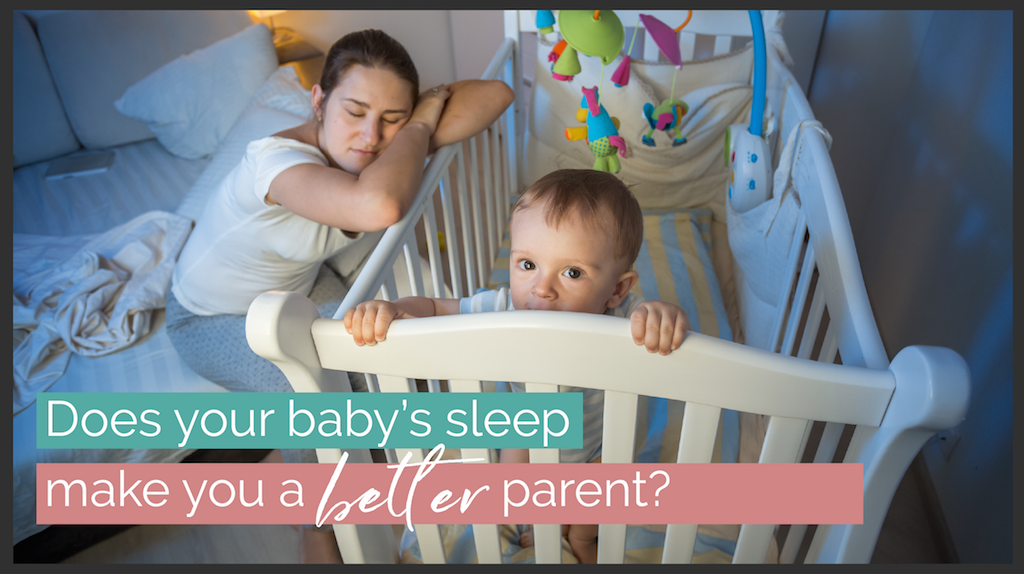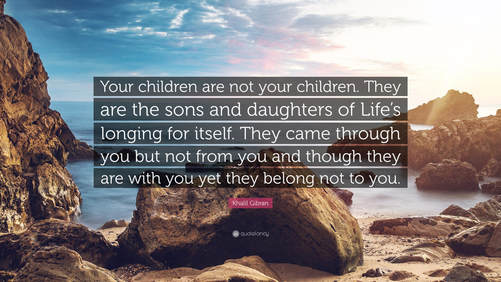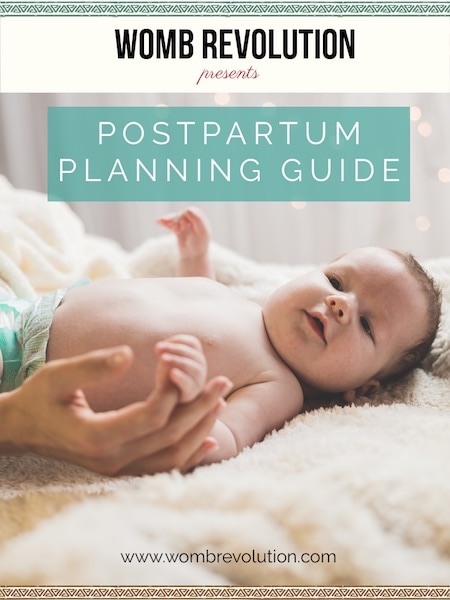One of the biggest mistakes that we make as parents is thinking that everything our children do, positive or negative, is a reflection of who we are.
It’s hard to become a parent. We have to give so much! Our own identities often become diluted as we pour every bit of ourselves into caring for our children. So when people say, “he is such a good baby,” “she is so sweet,” “they are so smart!” our chests swell with pride. Those comments can feel like an affirmation on the worthiness of our hard work as parents, which so often goes without recognition in nowadays individualistic culture.
Equally, if someone turns their nose to our kid, criticizes their manners, temper or behavior, it feels like a punch in the gut. For many of us, it’s easy to internalize that judgment (imagined or not) and start labeling our children and ourselves negatively (even if it’s a joke). Hot mess mom. Bad mom. Difficult child. Etc.
SO WHAT’S UP WITH THE GOOD BABY?
That’s why it particularly bothers me to hear people ask: “Is he a good baby? Does he sleep for you?”
Many parents with wonderful, brilliant, sensitive children are made to feel like their babies are not good, or at least not as good as they should be, because they need tons of help to go (and to stay) asleep. But guess what? That’s normal!
| “Many parents with wonderful, brilliant, sensitive children are made to feel like their babies are not good, or at least not as good as they should be, because they need tons of help to go (and to stay) asleep.” |
Do you want to read my confession? I have one of those easy-going babies. At two months old, Mattias spent at least two weeks sleeping for stretches of 6 hours or more during the night. Our pediatrician told me that only one out of thirty babies would sleep through the night at that age. If he had been my first baby and I didn’t know any better, I would probably had be bragging about it at least a little bit. And other parents would wonder what in the world they are doing wrong because their babies wake every hour or two.
THE OTHER SIDE OF THE STORY
So yeah, you might hear stories like the one about two-month-old Mattias drifting into sweet sleep all night long. But you know what you don’t get to hear as often? The follow-up. Like how now, at three months old, we moved into a new apartment and for the last week Mattias has been waking several times a night like a normal baby, wanting to be reassured. Like how even when I get 8 hours of sleep I often still feel exhausted and drained (emotional labor and the mental load are so real!) Like how even though I might look confident in my choices, I often doubt myself and hope silently that I’m not ruining my kids’ life. Like how just as you finally start getting used to a routine, the rhythm changes again (hello sleep regressions and growth spurts!)
Every child’s sleep will evolve differently. Some breastfed babies want to be latched all night long. Some babies will only stay asleep if they are lying on top of you. Some kids will have medical issues or food intolerances, which will make sleep even more difficult. Some babies will have an easier time self-settling or sleeping through tons of noise. None of those things make you a better or a worse parent. And none of it is permanent.
IT DOESN’T HAVE TO BE A NIGHTMARE
Like everything else in life, you don’t get to control what kind of personality your child will have, but you do get to control how you react to it. And that’s where you can step in and empower yourself, grounded in perspective, to go from survival to thriving.
| “You don’t get to control what kind of personality your child will have, but you do get to control how you react to it. And that’s where you can step in and empower yourself.” |
- You can create a good sleep environment that promotes better rest for both you and your baby.
- You can help your baby learn many positive sleep associations with more than one care provider.
- You can learn about the sleep tools and comfort measures that work best for your baby.
- You can teach your baby to trust that you will respond the best way you can when they need you.
- You can make time for self-care, knowing that your sanity and rest are important and that you will be a better parent if you stop putting yourself at the bottom of the priority list.
- You can learn about what’s happening with your baby’s development and when to expect tricky times.
All these things (and more!) are covered in our upcoming Infant Sleep Education classes, check the calendar and get tickets here.
| Arming yourself with awesome evidence-based information about biologically normal infant sleep might not make your baby sleep like you wish they did, but it does help you set realistic expectations and learn to make bedtime into an opportunity for connection. And connection is what we all need the most. |




